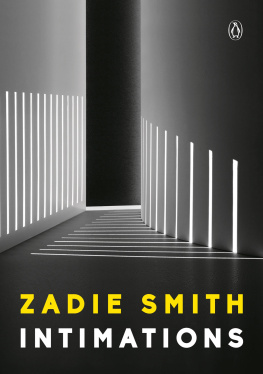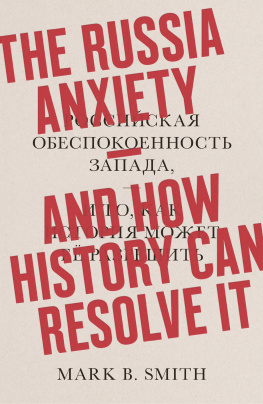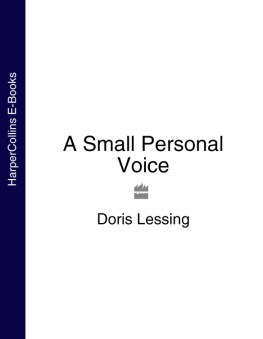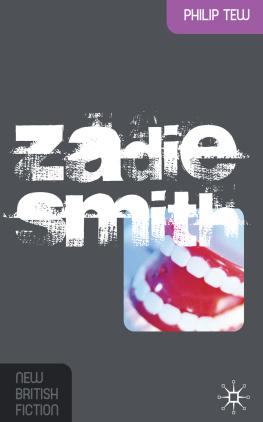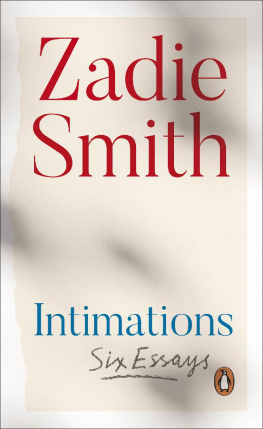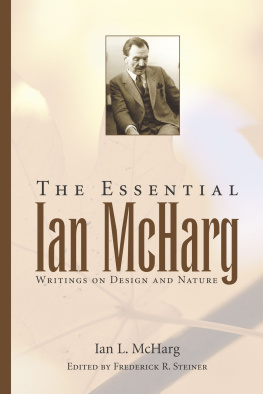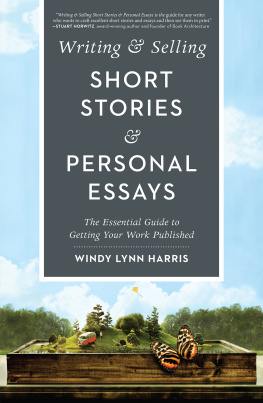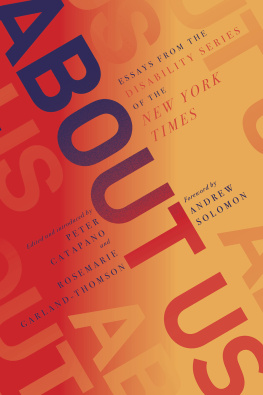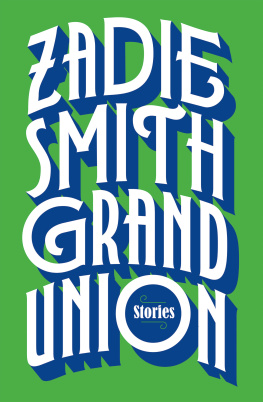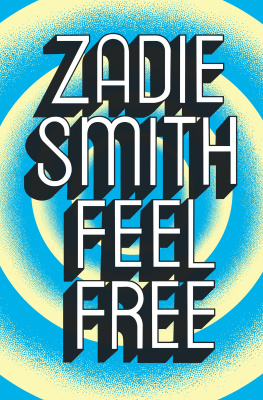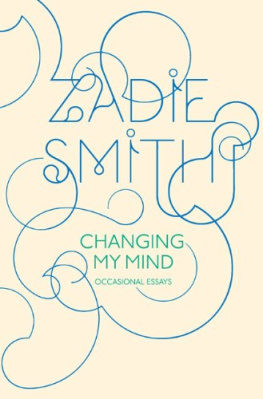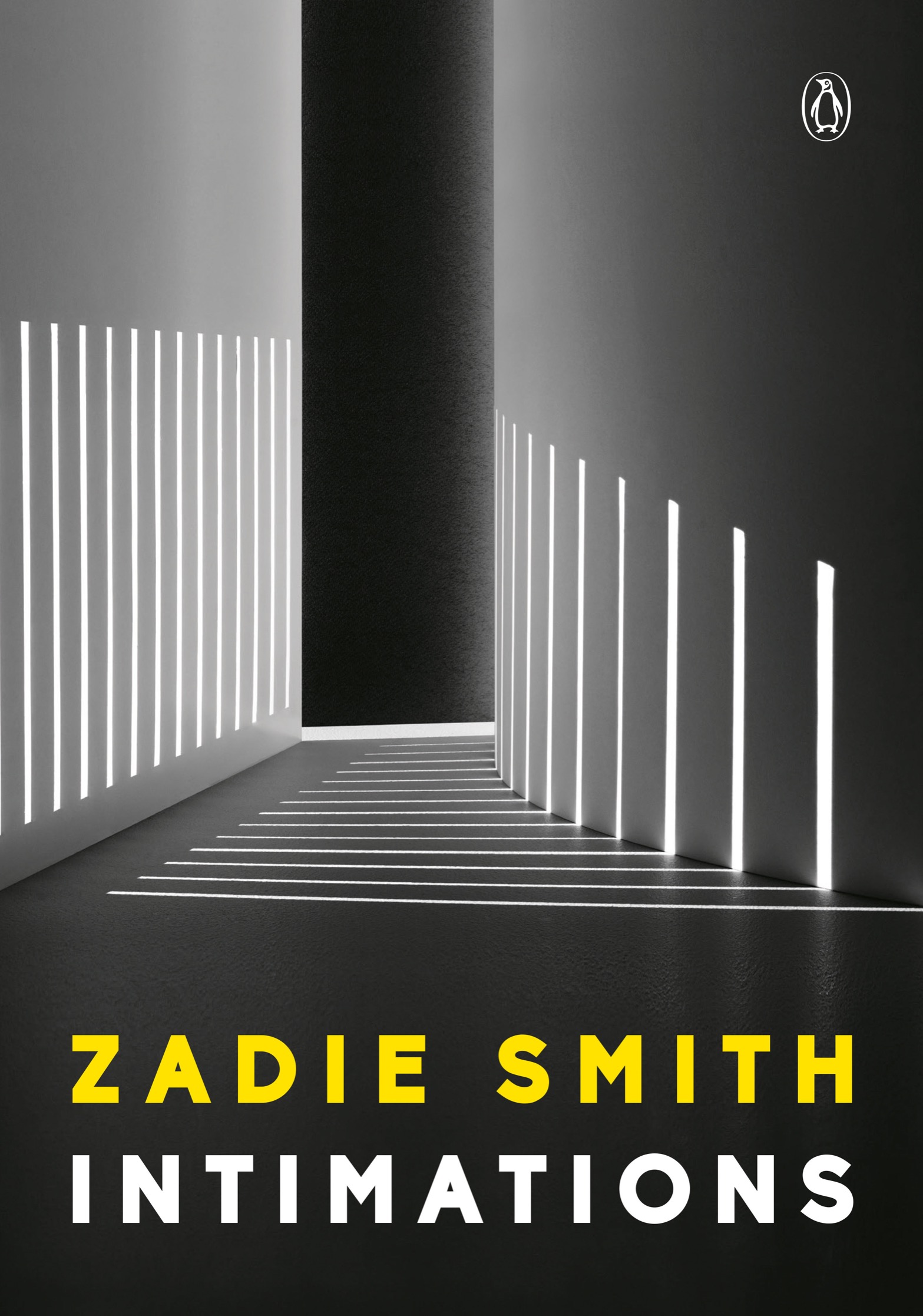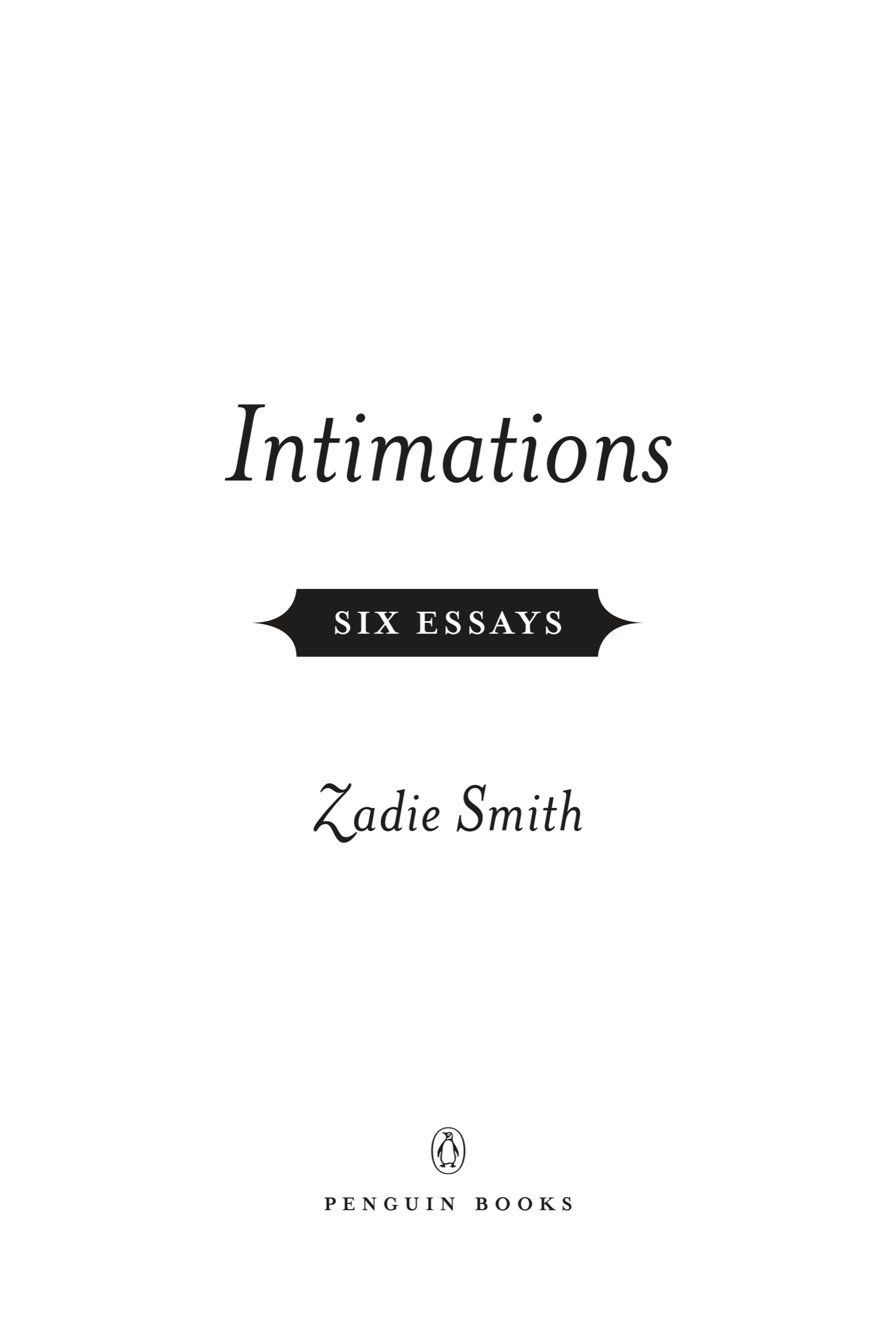T HERE WILL BE many books written about the year 2020: historical, analytical, political, as well as comprehensive accounts. This is not any of thosethe year isnt halfway done. What Ive tried to do is organize some of the feelings and thoughts that events, so far, have provoked in me, in those scraps of time the year itself has allowed. These are above all personal essays: small by definition, short by necessity.
Early on in the crisis, I picked up Marcus Aurelius and for the first time in my life read his Meditations not as an academic exercise, nor in pursuit of pleasure, but with the same attitude I bring to the instructions for a flat-pack tableI was in need of practical assistance. (That the assistance Aurelius offers is for the spirit makes it no less practical in my view.) Since that moment, one form of crisis has collided with another, and I am no more a Stoic now than I was when I opened that ancient book. But I did come out with two invaluable intimations. Talking to yourself can be useful. And writing means being overheard.
Peonies
J UST BEFORE I left New York, I found myself in an unexpected position: clinging to the bars of the Jefferson Market Garden, looking in. A moment before, Id been on the run as usual, intending to exploit two minutes of time Id carved out of the forty-five-minute increments into which, back then, I divided my days. Each block of time packed tight and leveled off precisely, like a child prepping a sandcastle. Two free minutes meant a macchiato. (In an ideal, cashless world, if nobody spoke to me.) In those days, the sharp end of my spade was primed against chatty baristas, overly friendly mothers, needy students, curious readersanyone I considered a threat to the program. Oh, I was very well defended. But this was a sneak attack... by horticulture. Tulips. Springing up in a little city garden, from a triangle of soil where three roads met. Not a very sophisticated flowera child could draw itand these were garish: pink with orange highlights. Even as I was peering in at them I wished they were peonies.
City born, city bred, I wasnt aware of having an especially keen interest in flowersat least no interest strong enough to forgo coffee. But my fingers were curled around those iron bars. I wasnt letting go. Nor was I alone. Either side of Jefferson stood two other women, both around my age, staring through the bars. The day was cold, bright, blue. Not a cloud between the World Trade and the old seven-digit painted phone number for Bigelows. We all had somewhere to be. But some powerful instinct had drawn us here, and the predatory way we were ogling those tulips put me in mind of Nabokov, describing the supposed genesis of Lolita: As far as I can recall, the initial shiver of inspiration was somehow prompted by a newspaper story about an ape in the Jardin des Plantes, who, after months of coaxing by a scientist, produced the first drawing ever charcoaled by an animal: this sketch showed the bars of the poor creatures cage. Ive always been interested in that quotewithout believing a word of it. (Something inspired Lolita. Im certain no primates were involved.) The scientist offers the piece of charcoal expecting or hoping for a transcendent revelation about this ape, but the revelation turns out to be one of contingency, of a certain set of circumstancesof things as they happen to be. The ape is caged in by its nature, by its instincts, and by its circumstance. (Which of these takes the primary role is for zoologists to debate.) So it goes. I didnt need a Freudian to tell me that three middle-aged women, teetering at the brink of peri-menopause, had been drawn to a gaudy symbol of fertility and renewal in the middle of a barren concrete metropolis... and, indeed, when we three spotted each other there were shamefaced smiles all round. But in my case the shame was not what it would have once been, back in the dayback when I first read Lolita, as a young woman. At that time, the cage of my circumstance, in my mind, was my gender. Not its actualityI liked my body well enough. What I didnt like was what I thought it signified: that I was tied to my nature, to my animal bodyto the whole simian realm of instinctand far more elementally so than, say, my brothers. I had cycles. They did not. I was to pay attention to clocks. They neednt. There were special words for me, lurking on the horizon, prepackaged to mark the possible future stages of my existence. I might become a spinster. I might become a crone. I might be a babe or a MILF or childless. My brothers, no matter what else might befall them, would remain men. And in the end of it all, if I was lucky, I would become that most piteous of things, an old lady, whom I already understood was a figure everybody felt free to patronize, even children.
(You Make Me Feel Like) A Natural WomanI used to listen to that song and try to imagine its counterpart. You could make someone feel like a real manno doubt its own kind of cagebut never a natural one. A man was a man was a man. He bent nature to his will. He did not submit to it, except in death. Submission to nature was to be my realm, but I wanted no part of that, and so I would refuse to keep any track whatsoever of my menstrual cycle, preferring to cry on Monday and find out the (supposed) reason for my tears on Tuesday. Yes, much better this than to properly prepare for a blue Monday or believe it in any way inevitable. My moods were my own. They had no reflection in nature. I refused to countenance the idea that anything about me might have a cyclic, monthly motion. And if I had children one day, I would have them on my own timeline, irrespective of how the bells were tolling on all those dreaded clocks in the womens magazines. Of broodiness I would hear nothing: I was not a hen. And if, when I was in my twenties, any bold Freudian had dared to suggest that my apartmentfilled as it was with furry cushions and furry rugs and furry bolsters, furry throws and furry footstoolsin any sense implied a sublimated desire for animal company, or that I was subconsciously feathering my nest in expectation of new life, well, I would have shown that impertinent Freudian the door. I was a woman, but not that kind of woman. Internalized misogyny, I suppose theyd call all of the above now. I have no better term. But at the hot core of it there was an obsession with control, common among my people (writers).

